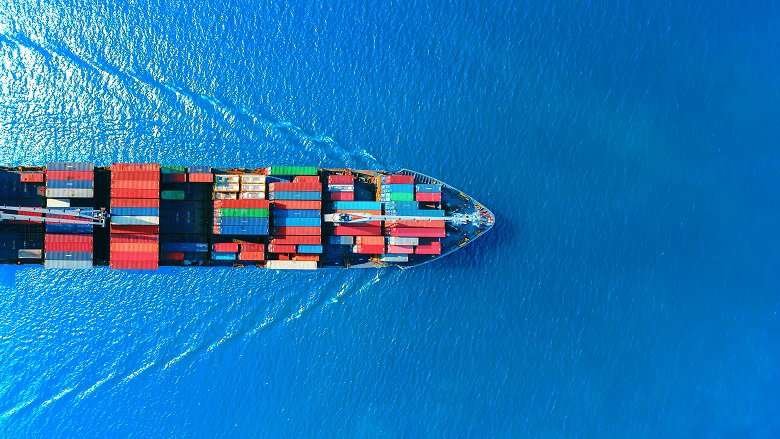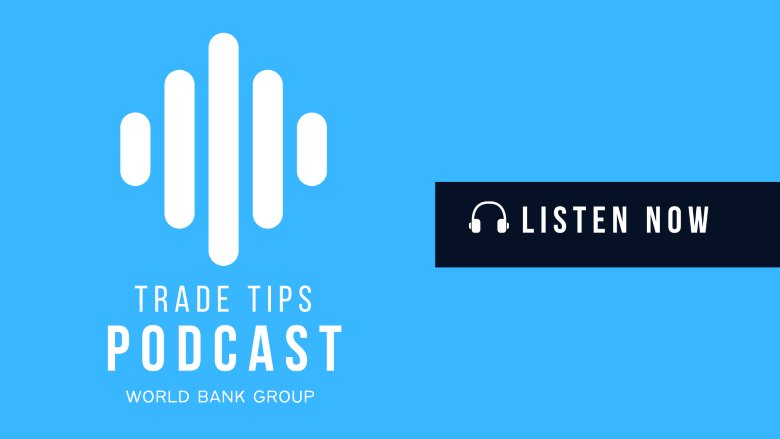WASHINGTON, DC, January 30, 2023 – Global trade, in many ways, makes the world go round. Think of any electronic good, clothing item, or perhaps a chocolate bar; all everyday items which are in consumers hands and homes because of global trade, providing countless jobs.
Mona Haddad, the Global Director for Trade, Investment and Competitiveness at the World Bank Group, explains: "Trade is an engine of growth that creates better jobs reduces poverty and increases economic opportunity.”
Mona adds that trade liberalization increases GDP, and that it has, “lifted more than one billion out of poverty since 1990."
But for these benefits to be shared more equally, trade needs to be efficient, and this is not always the case.
The complexity and interconnected nature of global trade was laid bare during supply chain disruptions due to the COVID-19 pandemic. Shipping delays, and shortages, meant unprecedented issues for many exporters, importers, businesses and consumers.
But for Miishe Addy, the co-founder and CEO of Jetstream Africa, headquartered near the Ghanaian port of Tema, COVID-19 also led to an opportunity for rethinking the system itself.
“It’s one of the largest container ports in West Africa. Despite technology that could have been applied, when we started the business, there was almost no technology. It was mostly cash and mostly manual.”
Miishe saw the moment to create her business.
“Covid accelerated digitization in Africa. It was difficult to move around, including at the port, the old fashioned manual methods of clearing and moving cargo were really inefficient.” So Jetstream created a technology platform which effectively takes on a supply chain for a customer’s cross border trade.
Miishe says this is important because slower trade means more expensive goods for consumers.
“Even though incomes are generally lower here and profits are lower, supply chains are the slowest in the world. Every day African families are effectively paying a tax on the goods they consume.”


